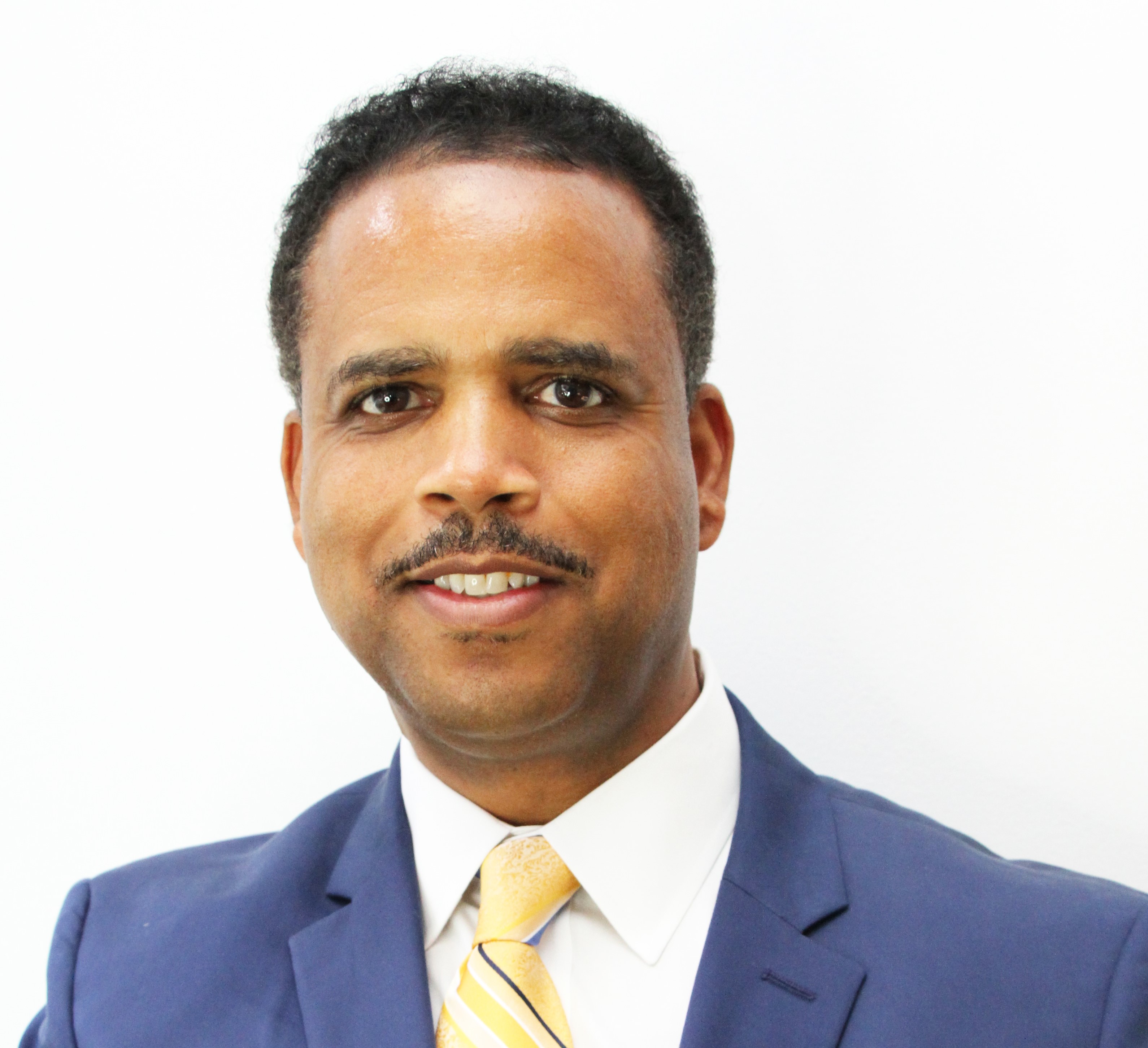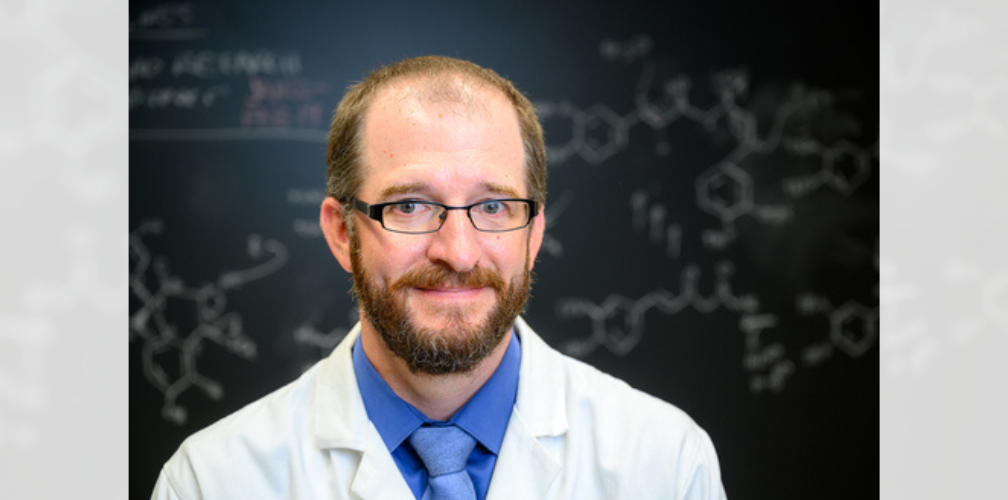
N.C. A&T Joins NCShare Partnership, Enhances Computing and Data Modeling Capacity
04/23/2025 in Research, College of Engineering
By Jamie Crockett / 09/26/2024 Research, Joint School of Nanoscience and Nanoengineering
EAST GREENSBORO, N.C. (Sept. 26, 2024) – Researchers at North Carolina Agricultural and Technical State University and colleagues at six additional historically Black colleges and universities (HBCUs) have been awarded a three-year, $3 million National Science Foundation (NSF) grant to enhance semiconductor research and workforce development.
This collaboration is part of the funding agency’s $10.5 million inaugural Advancing Research Capacity at HBCUs through Exploration and Innovation (ARC-HBCU) Ideas Lab, with the express purpose to “foster collaboration and build sustainable networks to facilitate interdisciplinary research in science, technology, engineering and mathematics at HBCUs.”
Michael Curry, Ph.D., and Jerald Dumas, Ph.D., faculty members in the Department of Nanoengineering at the Joint School of Nanoscience and Nanoengineering (JSNN), will partner with the project’s lead institution, Central State University, and Fayetteville State University and Hampton University as primary collaborating institutions that will be paired with subaward institutions Alabama Agricultural and Mechanical University, Meharry Medical College and Coppin State University.
N.C. A&T will receive $688,000 of the $3 million grant over the course of three years.
The project, “Partnership for Advancing Research Capacity in Semiconductors at Historically Black Colleges and Universities (PARCS-HBCU),” is a result of several rounds of proposal submissions following an NSF workshop, which brought researchers from HBCUs into one room to generate ideas.
 “NSF wanted to hear from the HBCUs, hear from the people who are in the trenches, about how we could increase the research capacities of these institutions that have been historically underfunded,” said Curry.
“NSF wanted to hear from the HBCUs, hear from the people who are in the trenches, about how we could increase the research capacities of these institutions that have been historically underfunded,” said Curry.
“NSF has tried putting an influx of money into HBCUs, even partnering them with predominantly white institutions (PWI), but the disparity remains. Once you receive the money, you have the PWI with its high-end instrumentation and research facilities, but then typically you might have an HBCU that may not be as well-equipped as N.C. A&T, so there is even disparity in the experiment results. In fact, less than 10% of HBCUs are considered R2 institutions and are equipped with the appropriate resources and funding that supports the capacity for high-impact research.”
Curry brings expertise in sustainable biomanufacturing of bio-renewable composites using plant-based materials. He has been recognized for his extensive work on reducing the world’s carbon footprint through many awards and honors – selected as one of the Top 100 Innovators by Top 100 Magazine, and selection as a NOBCChE HBCU Pioneer for his use of his research platform to advocate for HBCUs – and as an entrepreneur who leads a spin-off company founded during his 14 years as a faculty member at Tuskegee University.
Dumas is building out a bio-inspired polymer engineering lab at JSNN.
“Dr. Dumas has an incredible background in entrepreneurship and workforce development, but he also has a background in 3D printing biorenewable materials,” said Curry. “With that, he can now effectively take anything that we make and 3D print it into a membrane that we can now use to capture or remediate the waste that is in those manufacturing waste streams.”
 “These sustainable biomanufacturing and biorenewable material fields would have been considered science fiction a few decades ago,” said Mitchell P. Croatt, Ph.D., JSNN interim dean. “They are reliant upon experts in a variety of fields to come together in a collaborative manner. It is at the interface of the classic fields of science where one can find the greatest levels of innovation, and this is the spirit of research at JSNN.”
“These sustainable biomanufacturing and biorenewable material fields would have been considered science fiction a few decades ago,” said Mitchell P. Croatt, Ph.D., JSNN interim dean. “They are reliant upon experts in a variety of fields to come together in a collaborative manner. It is at the interface of the classic fields of science where one can find the greatest levels of innovation, and this is the spirit of research at JSNN.”
Although the researchers for PARCS HBCU will address four research areas related to semiconductor manufacturing, JSNN researchers, in partnership with Coppin State, lead the research thrust focused on the biomimetic remediation of semiconductor waste produced as a consequence of the semiconductor manufacturing process.
“What I hope the general public understands about the CHIPS ACT is that the premise of it is to scale up chip manufacturing and bring it back to the U.S. That brings a challenge, because anytime you manufacture electronics, especially semiconductor chips, you create a lot of waste,” said Curry.
“And we have to have a way to deal with that waste given the push to increase production. Part of our efforts is to lead the development of technology and mechanisms by which we can sustainably develop tech that can mitigate or remediate the waste that will be generated.”
Curry’s biorenewable manufacturing research works with sustainable materials like cellulose. Cellulose is one of the most abundant renewable polymers on earth.
“When you walk outside, you see it, it’s everywhere. My lab is good at extracting and modifying cellulose and giving it different types of chemical properties,” he said. “Recent literature has shown that cellulose can be used in bioremediation of heavy metals and even some organic pollutants.”
In addition to these research thrusts, the team will “foster educational diversity” by providing certificate programs and other training opportunities to create and enhance a skilled workforce at every level.

“My passion is entrepreneurship and learning, and grants like this one is the perfect opportunity to provide training not only to faculty, but to students as well,” said Dumas.
“Whether or not our students go on to be “true” entrepreneurs, they still have the mindset. And that is so critical to training the next generation of STEM workforce.”
 “When you look at the level at which those jobs pay, it’s going to greatly benefit the state of North Carolina. People think about North Carolina A&T as the premier HBCU, and these certificates and trainings – no matter if you come from rural or urban areas of North Carolina – can be a benefit for everyone,” said Emanuel Waddell, Ph.D., chair of JSNN’s Department of Nanoengineering. “Raising salaries to high levels, which will benefit the economic outcomes of North Carolina, showcases the economic impact of North Carolina A&T on the state.
“When you look at the level at which those jobs pay, it’s going to greatly benefit the state of North Carolina. People think about North Carolina A&T as the premier HBCU, and these certificates and trainings – no matter if you come from rural or urban areas of North Carolina – can be a benefit for everyone,” said Emanuel Waddell, Ph.D., chair of JSNN’s Department of Nanoengineering. “Raising salaries to high levels, which will benefit the economic outcomes of North Carolina, showcases the economic impact of North Carolina A&T on the state.
“I make the argument that we are better than any university that provides a top-tier education to individuals who may not have a strong academic background. I tell anyone if you want your child to have a chance at success, send them to North Carolina A&T and they will be able to access the middle and upper-middle class through their knowledge.”
Earning certificates is a pathway for people who may be changing careers or perhaps did not earn a high enough GPA to be admitted to graduate programs. After completing a certificate program, employees can then use the GPA earned to replace the previous one and apply for a full program.
“Our crown jewel is the 7,000-square-foot clean room with top-down and bottom-up fabrication. We become the focus point of companies like Intel, Wolfspeed etc. who want to hire at different levels,” said Waddell. “You need employees with two-year degrees, bachelor’s and graduate degrees to help run the STEM enterprise.
“This idea of ‘blue-collar STEM’ is critical and you have to address all those areas. If they get the certificate, continue to work for a few years, and then come back to A&T for additional training, that is the goal.”
“This is the holy grail. We have to start thinking about how we will expose more of the community to what is going on here so they can rise as a beacon for all types of populations,” said Curry. “When you have A&T leading this workforce development and research component that extends to re-skilling for community members.
“The semiconductor industry is going to require a lot of the workforce that doesn’t necessarily need an advanced degree, but maybe they need a certificate, a reskilling, so they can potentially change careers to an incredibly vibrant and emerging field that will have a huge impact on our nation’s economy.”
Media Contact Information: jicrockett@ncat.edu